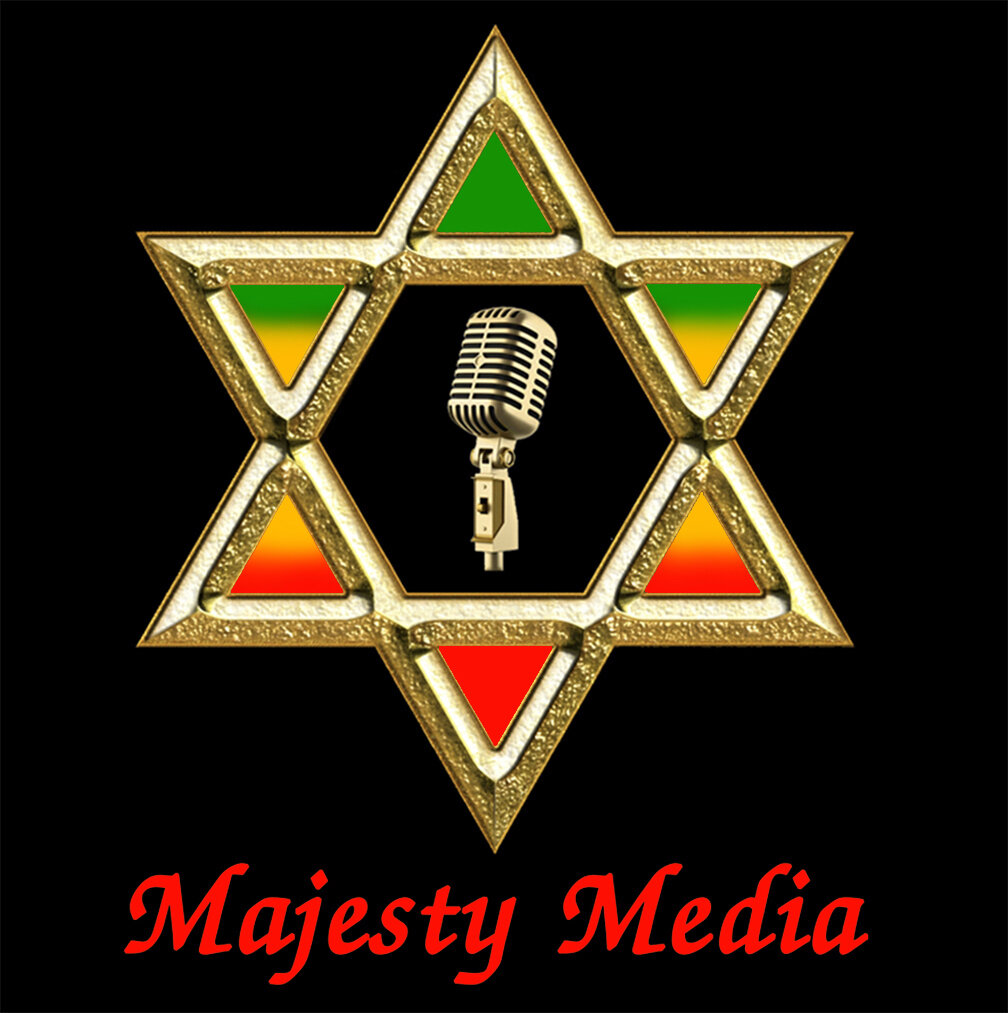The Evolution Of Reggae/Jamaican Music
May 1, 2021
By Lloyd Stanbury
In recent years there have been many discussions centered around the purity of reggae and dancehall music, and the fusion of traditional Jamaican music forms with music from other countries. Some have even argued that Jamaican artistes have abandoned their indigenous musical traditions. My comments are made in the context of Reggae as a specific music genre, as well as Reggae as used to describe various forms of popular music coming out of Jamaica. However we look at it, I think it would be fair to say that Reggae music is music that contains a sound that is distinctly Jamaican in origin. I am also of the view that a discussion about the evolution of reggae should include a close examination of where the music is coming from, where it is at today, and where it is going in the future.
SO, WHERE IS REGGAE MUSIC COMING FROM?
From day 1 Jamaican popular music was created by mixing the variety of cultural and musical experiences we have been exposed to on the Island. We infused our African cultural heritage with what we heard from listening to North American Jazz, Blues and Rock & Roll, as well as the music of our colonizers from Britain, and our closest neighbor Cuba.
THE CREATIVE EVOLUTION OF OUR MUSIC HAS BEEN SIGNIFICANTLY IMPACTED BY MIGRATION & NEW TECHNOLOGIES
Migration of Jamaicans in the early to mid 20th century to Panama and other parts of Central America, such as Costa Rica, as well as to the United Kingdom and North America, laid the foundation for the global influence of reggae music. It is estimated that today there are more Jamaicans and people of Jamaican descent living outside of the Island. As a consequence of migration and the early association of Reggae music with Africa, our music has taken root in more countries on earth than any other music coming out of a developing country, and occupies a special place in the hearts of people of African descent all over the world. In recent years the emergence of the Internet and digital technology has made it much easier for information to be shared across geographic borders. This has created a super fertile environment for increased fusion and the further spread of Jamaican music and culture globally.
TODAY WE OPERATE IN A SPACE WITH MANY DERIVATIVES AND INFLUENCES FROM AND TO REGGAE
In the mid 1990s Reggaeton was popularized by artistes from Puerto Rico such as Daddy Yankee, but was preceded by what was called Reggae En Español, a Spanish language variety of Dancehall/Reggae made popular by El General from Panama. Most early Reggaeton recordings are based on Dancehall rhythms created by Jamaican music producers Steely & Clevie and Bobby Digital - such as “Dem Bow” which featured Shabba Ranks, and “Pocoman Jam” which featured Gregory Peck.
Today the Latin American music market is the fastest growing music market in the world. A significant portion of the artistes driving the Latin American music market boom record Reggaeton. The Reggaeton recording “Despacito” by Luis Fonsi featuring Daddy Yankee is by far the most streamed Latin music video ever on YouTube, with almost 7 Billion views reported up to May 2020. One of the biggest roots reggae artistes in the world in terms of YouTube streams is a dreadlocked singer called Dread Mar I from Argentina, who most Jamaicans and traditional reggae music fans I communicate with have never heard of. His roots reggae recordings performed in Spanish have recorded over 2 Billion views on YouTube, and he has 4.3 million subscribers on his personal YouTube channel.
In the mid 1970s Jamaican Clive “Kool Herc” Campbell migrated to New York and exposed the East Coast of the USA to the Jamaican sound system practice of playing music and having toasters talk on top of and between the beats. That was the birth of Hip Hop. Today the list of Hip Hop artistes with Jamaican ancestry is way too long to mention in this article, as is the number of Hip Hop recordings that have achieved mainstream commercial success by incorporating Jamaican Reggae and Dancehall sounds.
Other current popular music genres such as (EDM) and Afrobeats have also been influenced by the Reggae music experience and experiment. The early Dub recordings of King Tubby and other sound system operators and recording engineers in Jamaica, set the stage and provided the creative influences for EDM. Similarly, Dancehall music’s penetration of West African countries such as Nigeria and Ghana, resulted in the fast growing global popularity of Afrobeats and artistes such as Burna Boy (from Nigeria - who is now approaching 1 Billion views on YouTube), as well as Wizkid and Davido (also from Nigeria).
The tradition of listening to and borrowing from music of other cultures remains a significant part of the music production experience today, an experience that is not by any means unique to Jamaica. Some current Reggae artistes and music producers who have successfully borrowed from or merged with other genres include Dancehall producer Rvssian, Tarrus Riley, Koffee, Chronixx, Lila Ike, and Protoje. Kudos to them. The Reggae music experiment and journey continues.
Collaborations, exchange and cross border interactions with artistes and industry practitioners from other music genres and countries has always been a necessary ingredient to promote growth and penetration of the global music market. In my opinion we stand a better chance of accomplishing greater levels of global market penetration by sensitizing both creators and audience to be more accepting of the benefits of music fusion, genre blending and genre bending. We must never forget that Reggae music was built in Jamaica by Jamaicans by borrowing from other people’s music and culture.

